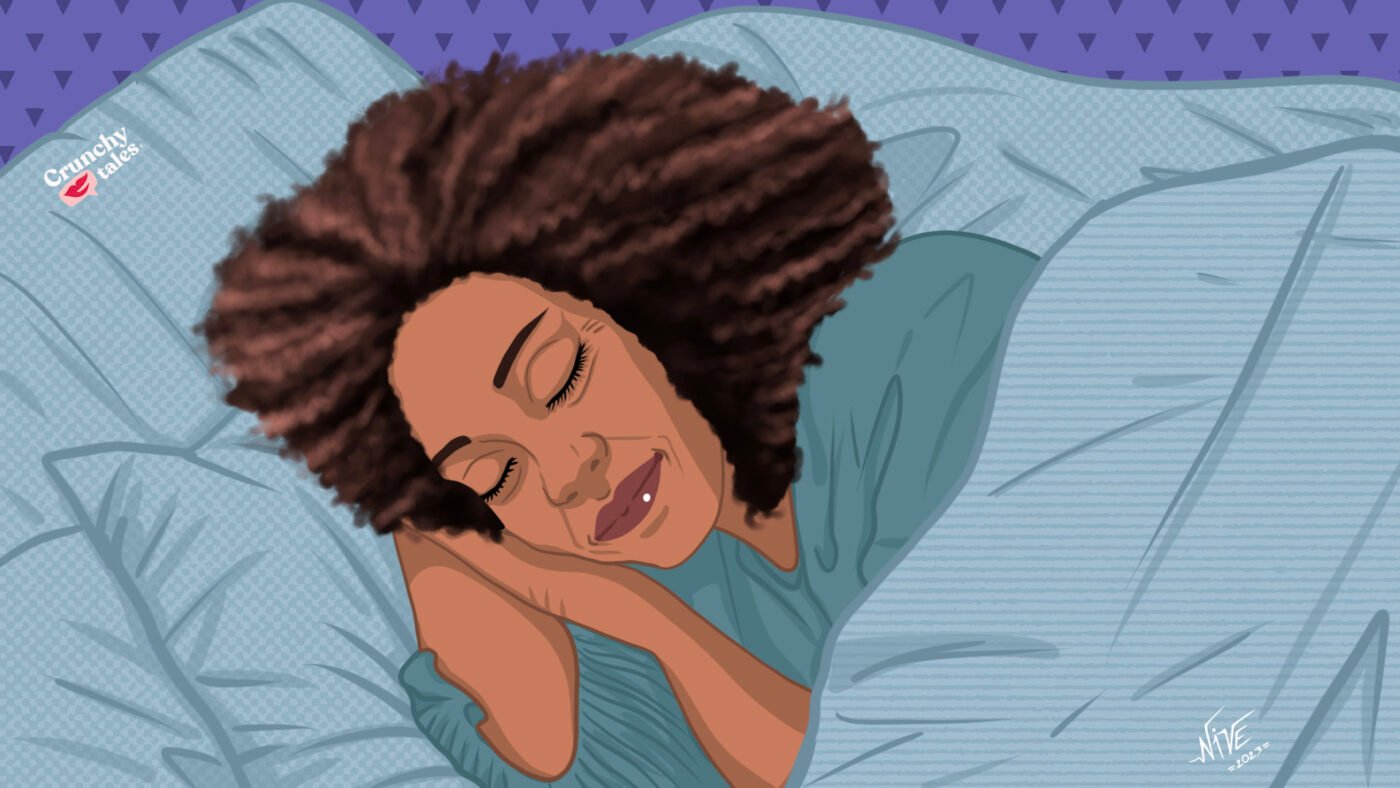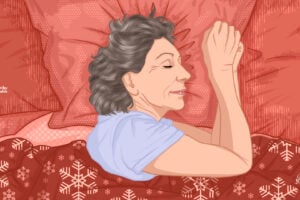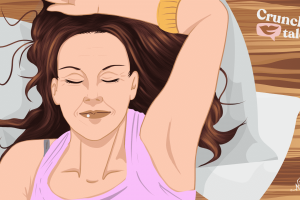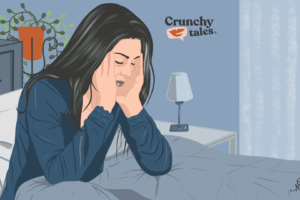Are You A Lion Or A Bear? Find Your Chronotype To Sleep Better As You Age
Sleepless nights plague many women in midlife. Whether it’s because of menopause symptoms, bad habits, dietary choices, apnoea or anxiety, according to the U.S. Centers for Disease Control and Prevention, around 20% of all women aged 40 to 59 have trouble falling asleep on four or more nights in a row.
That can not only affect our mood, energy levels, and ability to function mentally and physically but also impair our immune system, compromising our ability to fight off illness and disease.
Fortunately, there’s a lot we can do to address sleep difficulties. Getting to know which chronotype we are, is one of those.
What are chronotypes?
We’re all familiar with the phrases “early bird” and “night owl.” Some of us are able to wake right up in the morning and start the day immediately, while some of us function much better at night.
Basically, our chronotype dictates our body’s natural tendency to fall asleep and wake up at a certain time of day and in some ways, it explains for some people tending to stay up till the sun rises and others nodding off on the couch before ever even making it to their bed.
If you’re consistently experiencing poor sleep quality, then it’s quite possible that you are working against your chronotype.
“When you work against your natural inner schedule, you’ll sort of have the feeling like you’re permanently jet-lagged. But when you work with it, you can sleep better at night, feel more energized during the day, and unlock your hidden potential“, explains sleep expert Michael Breus, PhD, clinical psychologist and sleep medicine expert, author of the book “The Power of When“.
How do you tell your chronotype?
Unlike our circadian rhythm, primarily influenced by light exposure, our specific chronotype is influenced by genetics. This is why it’s so important to work with your chronotype rather than against it if you want to be as rested and productive as possible.
Basically, your chronotype is the natural way of showing you when to sleep. If you sleep when your chronotype dictates it, then you’ll probably fall asleep faster, have fewer awakenings throughout the night, and maybe even sleep more deeply.
To figure out your chronotype, think about what time you would prefer to wake up on a day that you are completely free to plan, with no work or other requirements. You probably already know whether you prefer waking up early or late.
But you can also rely on many different tests to determine your chronotype, and if you were to visit a sleep medicine doctor you’d likely be given the morningness-eveningness questionnaire (MEQ) or the Munich chronotype questionnaire (MCTQ).
According to Dr Michael Breus, people typically fall into one of four categories (mostly based on the relative animal’s sleep patterns and habits): the bear, the wolf, the lion, and the dolphin.
“Dolphins are light sleepers and tend to wake up at the slightest noise. Lions are classic morning types,” he explains. “Bears have instead an energy cycle that rises and falls with the sun and are likely most productive in daylight. Wolves are evening types. They naturally stay up later and sleep later”
Of course, chronobiology is more complex and dynamic, so we’re not always going to fit perfectly into one chronotype or the other.
The Bear is probably the most common one. “About 55 per cent of people have this chronotype“, says Dr Breus. “They are generally most productive before noon, and begin feeling declines in energy in the late afternoon, and begin winding down for sleep in the early evening“.
How our chronotypes evolve as we age
However, as we age chemicals in the brain may influence our chronotype. That’s probably why menopausal women struggling with hormone imbalance might switch their usual sleep pattern turning into sensitive sleepers who are often easily disturbed by noise or light (like Dolphins) or start to embrace an “early to bed, early to rise” routine (like Lions).
According to research, in younger children, we often see an early chronotype where they’re up and about at the crack of dawn, are balls of endless energy through the day but begin to deplete as the sun disappears. When moving into adolescence, that chronotype shifts, and they start to sleep longer and don’t gain energy till later in the day, which is why we think our teenagers are lazy! From your early 20s onwards, that chronotype usually begins to shift earlier again and keeps increasing slowly with age.
Getting a better quality sleep
Although we can’t change our chronotype, there are things we can do to start sleeping better.
“You can use your knowledge of them to better tap into your internal clock and improve not only your sleep quality but also your productivity“, says Dr Breus. “Understanding your chronotype can help you set ideal bed and wake times, and help you better organize your schedule. For example, if you know you’re a wolf, you’ll know that your peak productivity happens in the middle of the day, and you can schedule your more intensive work for mid-afternoons. On the other hand, if you’re a lion, you’ll know you’re most alert in the mornings and should schedule most of your to-do’s before the early afternoon hours“.
Begin by getting adequate natural light during the day, nourishing your body with a healthy diet, and exercising regularly you can improve your quality of sleep, too. By making the right changes to your routine, you’ll notice improvements in your energy levels, mood, and productivity.
The National Sleep Foundation recommends avoiding large, spicy meals before bedtime as they can trigger hot flushes, as well as staying away from caffeine. While an afternoon coffee may provide a quick pick-me-up, late caffeine indulgences can hurt a night’s sleep and even evolve into a harmful cycle.
Keeping our bedroom temperature cool and wearing light, breathable pyjamas are also crucial if we suffer from night sweats.
Lastly, going to bed and sticking to a set bedtime can truly help. While some chronotypes stay up later, slowly easing into a new, earlier bedtime can eventually help them feel more awake in the morning. The same is true if someone wishes to stay up later.
If you have tried all of the above and continue your struggle to get a good night’s sleep and experience daytime fatigue, we recommend talking with your doctor, as it may be a sign of something that requires further investigation.
Like this post? Support Us or Sign up to our newsletter to get more articles like this delivered straight to your inbox!





